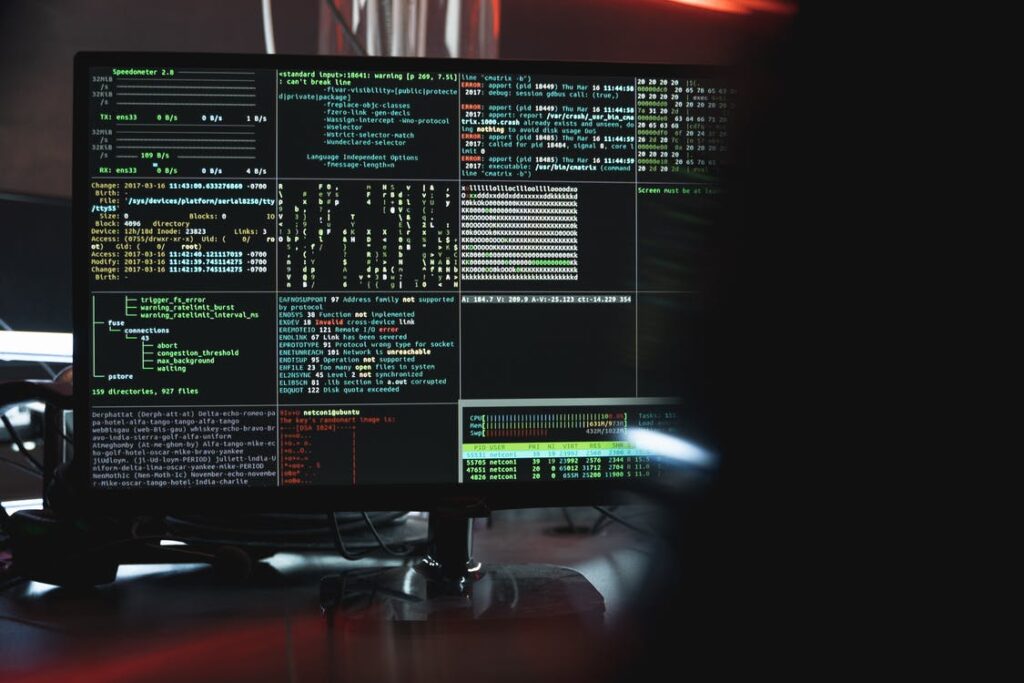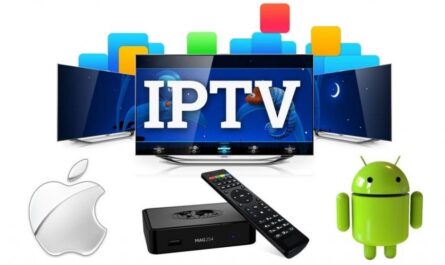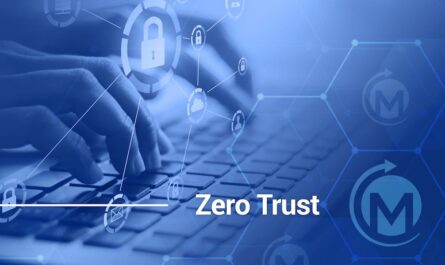After the coronavirus outbreak cybersecurity solutions are considered a must for most companies. However, implementing these solutions can sometimes be challenging for IT teams and companies. Furthermore, cybersecurity implementations bring liabilities, and it is safe to say that they can sometimes be complicated. Being in compliance with current rules is one of those liabilities.
Also, understanding these standards and complying with them may occasionally be difficult to grasp. However, because they are required, it is crucial to learn about how they affect businesses. If you do not comply with certain standards, you might get in trouble with authorities. Therefore, we will discuss standards and compliance certificates in this article and show why it is so important for companies.
Page Contents
What are Cybersecurity Standards?

Cybersecurity standards are a variety of best practices that mainly aim to enhance the security of the cyber environment of a company or individual. These standards generally involve reference frameworks and guidelines for users. Besides providing security, cybersecurity standards also reduce complexity and protect the individual’s private information. Regardless of if they are medium or small-sized or what sector they operate in, all companies are generally mandated to meet certain security standards.
Businesses can now obtain a variety of different cybersecurity and information security standards and certifications in the cyber sector. These guidelines are intended to provide enterprises with tools, controls, and procedures to help them achieve and maintain a specific level of security.
By stating that they adhere to the selected security standard, businesses may gain significantly more confidence from customers, insurance companies, and potential partners.
To understand better you can check this article and learn more about compliance.
Payment Card Industry Data Security Standard — PCI DSS

The PCI DSS is a collection of guidelines and prerequisites mandating every company that handles, keeps, or sends the credit card information to make sure that they provide a secure transaction for their clients. PCI DSS requires companies to install and maintain a firewall to safeguard users’ card information. Also, in order to make sure that this information is accessed by the fewest number of individuals possible, PCI DSS mandates that companies control access to client information in proportion to business requirements.
The PCI DSS certification assures the security of card information at your company through a sequence of requirements that includes the installation of firewalls, data transfer encryption, and usage of anti-virus software.
In addition to these tech-related precautions, you need to make sure that your employees who have to get the CC data of your customers to continue their work know how to act to stay within the restrictions of PCI. Remember, for all cybersecurity standards, your employees will be a factor. So just make sure to train them the best you can, because they will have to follow the regulations too.
International Organization for Standardization — ISO 27000 Series

The ISO 27000 series is a collection of best practices designed to aid organizations in enhancing their data security. The International Electrotechnical Commission (IEC) and the International Organization for Standardization (ISO) cooperatively issued this series and how to put data protection principles into effect is explained in the series. ISO 27000 series is suitable for all types of organizations and across all industries, so implementing is always a good practice for businesses of all sizes.
Let’s talk about the certification of this series. When an accredited authority determines that a company has complied with ISO 27000 series requirements, the certification procedure is launched. The certification is given whenever this organization finds that the business complies with ISO 27000 series regulations. Audits must get certification renewal every three years. And this certification can help companies to show that they are securing data properly.
International Electrotechnical Commission — IEC 62443

IEC 62443 is a collection of security guidelines that provides a thorough and organized list of cybersecurity suggestions. In an effort to protect the progress of Industrial Automation and Control Systems, this standard protects industrial networks from cybersecurity dangers. IEC 62443 is an internationally known cybersecurity standard and It is regarded as the most thorough industrial cybersecurity standard in the production and automotive sectors.
Because it establishes a baseline, the IEC 62443 standard is a helpful benchmark for cybersecurity for industrial systems. Depending on the circumstances, it can be utilized in part or as a supplement to another corporate standard. Companies may develop acceptable and comprehensive technological security-integrated products and services and functionality for their network by employing this set of globally known standards.
National Institute of Standards and Technology — NIST

NIST develops recommendations to support federal agencies in complying with the Federal Information Security Management Act’s requirements. Through actions that are economical and efficient, NIST also helps those organizations safeguard their data and information systems. There are 5 core components of the NIST framework: Identify, Protect, Detect, Respond, and Recover. The framework’s goal is to assist you in prioritizing cybersecurity resources and solutions.
The reason behind the NIST certificate’s importance is it supports and creates measurement standards for a certain service or product. It is in charge of establishing data security guidelines and recommendations, and the requirements for government information systems, at the very least.
Final Words
Compliance is not something that can be overlooked anymore. Companies need to be aware of the regulations set by the authorities, and this is more of a requirement than a choice. There are varieties to these standards, and you need the one that is related to your sector and company.
We understand that this makes it harder to keep up with it, and it is usually the inability to understand that keeps companies from being compliant. Although compliance may occasionally be difficult to comprehend, it is one of the most crucial aspects of putting cybersecurity solutions into practice. These cybersecurity requirements are not only necessary but also rational to follow because they safeguard both the reputation of your business and the private information of your clients.






